Does home insurance cover rat damage?
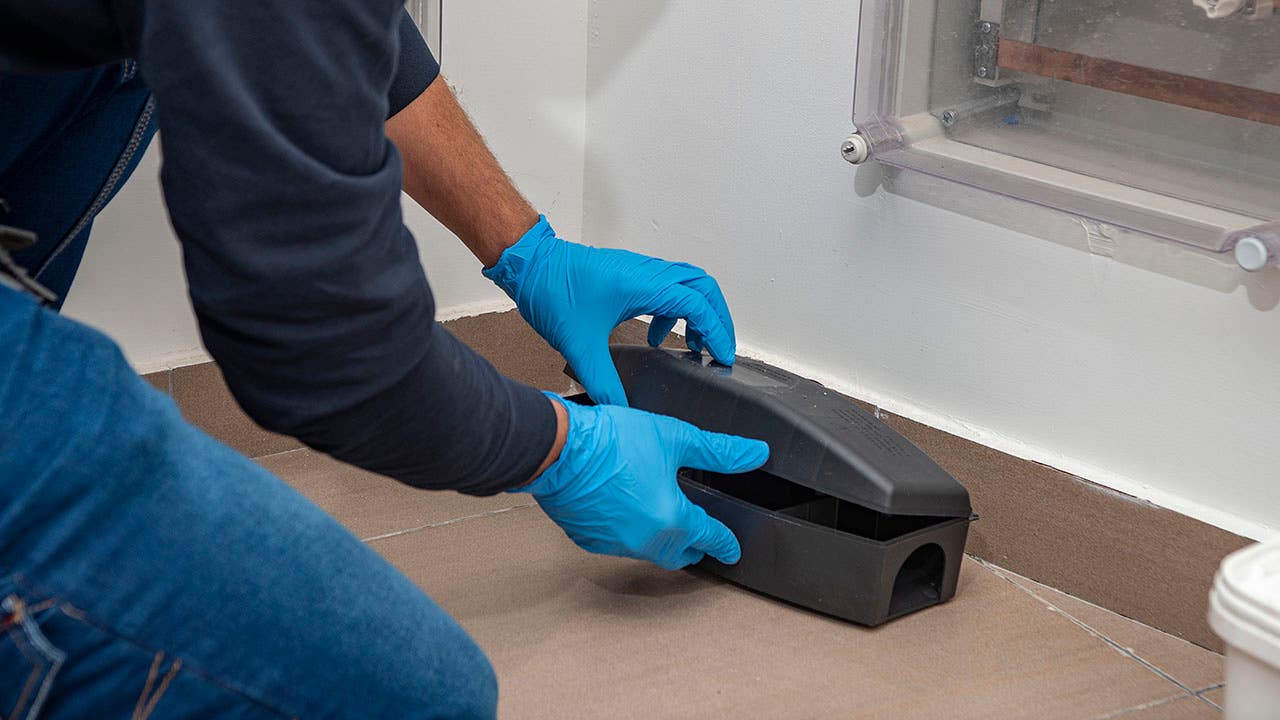
Key takeaways
- Standard home insurance policies typically do not cover damage caused by rats or rodents because infestation is seen as preventable.
- Damage caused by rodents may be covered in specific scenarios — for instance, if a rat chewed through a pipe and caused water damage.
- Home insurance is unlikely to cover extermination services.
Rodents often look for somewhere comfortable to sleep and nest. If you’re unlucky, that place could be your house. Rodents and mice invade around 21 million homes every year during the colder months and, once inside, can pose a threat to your health and property. In most cases, homeowners insurance does not cover rodent damage unless the rodents trigger other damage like an electrical fire.
Bankrate’s insurance editorial team explains the ins and outs of when damage to your home caused by rodents may be covered and when it is usually not.
Is rodent damage covered by homeowners insurance?
Your home insurance policy covers your home’s physical structure, detached structures on your property and your personal belongings from financial loss caused by fires, windstorms, burglaries, vandalism and other types of damage. But rodent damage isn’t typically covered.
Home insurance companies see rodent infestation as a “preventable loss,” or an issue that could be avoided with proper maintenance, standard inspections and other proactive measures. So, if you’re dealing with an infestation, home insurance does not cover rodent removal costs — you’ll need to pay out of pocket. Extermination costs can range from $176 to $613, according to HomeAdvisor.
Similarly, home insurance companies won’t typically cover damage caused by insect infestations, like termites or ants. Since these infestations are seen as preventable — neglected maintenance is typically the reason for infestation — home insurance usually won’t cover the cost of pest extermination, either.
Common damage caused by rats and other rodents
Rodent teeth are harder than copper, iron, aluminum and lead, which allows them to chew through metal, PVC pipes, drywall, rock, aluminum siding, glass, cinder blocks, wood, plastic containers and many other household materials. As such, rodents and rats can cause extensive damage to your dwelling. If a rodent enters your home, you may have to pay hundreds or thousands of dollars to rectify damage to your walls, wires or pipes.
When does homeowners insurance cover rat or rodent damage?
While homeowners insurance does not cover mouse infestations, it may help with some of the damage a mouse or rodent can cause. For instance, if a rodent chews through an outdoor pipe and subsequently causes water damage, your home insurance may help cover the damage. Or, if a rodent were to chew through wires on your property and cause a house fire, your insurance may cover it since the fire, not the rat, damaged your home.
Read your home insurance policy carefully, and get familiar with what’s covered and excluded. If rodents, mice or other pests cause a covered financial loss, like a fire or leaking pipe, it’s possible that you can file a claim with your home insurance company.
How to prevent rat or rodent damage to your home
Rodents can cause significant damage, but you don’t have to live in fear of an infestation. These proactive measures may help you prevent rodents from damaging your home.
- Eliminate points of entry. Rats can fit through holes as small as a quarter, and mice can fit through holes as small as a dime. Seal off any openings in the exterior of your home – no matter how small.
- Find them before they cause damage. Look for the following signs of rodents so that you can call an exterminator before your home is damaged: odor, noises, urine stains, grease marks, burrows, gnawing damage or droppings.
- Set traps. Traps can help catch and kill any rodents that invade your home. Humane traps are also available, which catch rats and hold them until you release the animal.
- Keep food in sealed containers. Exposed food may attract rats and other rodents. Putting food away, cleaning surfaces and placing cereal boxes inside tough plastic bins may act as deterrents.
If you do find rats in your home, calling a professional exterminator will likely be the best way to remove the rodents from your dwelling.
Frequently asked questions
Why we ask for feedback Your feedback helps us improve our content and services. It takes less than a minute to complete.
Your responses are anonymous and will only be used for improving our website.
You may also like
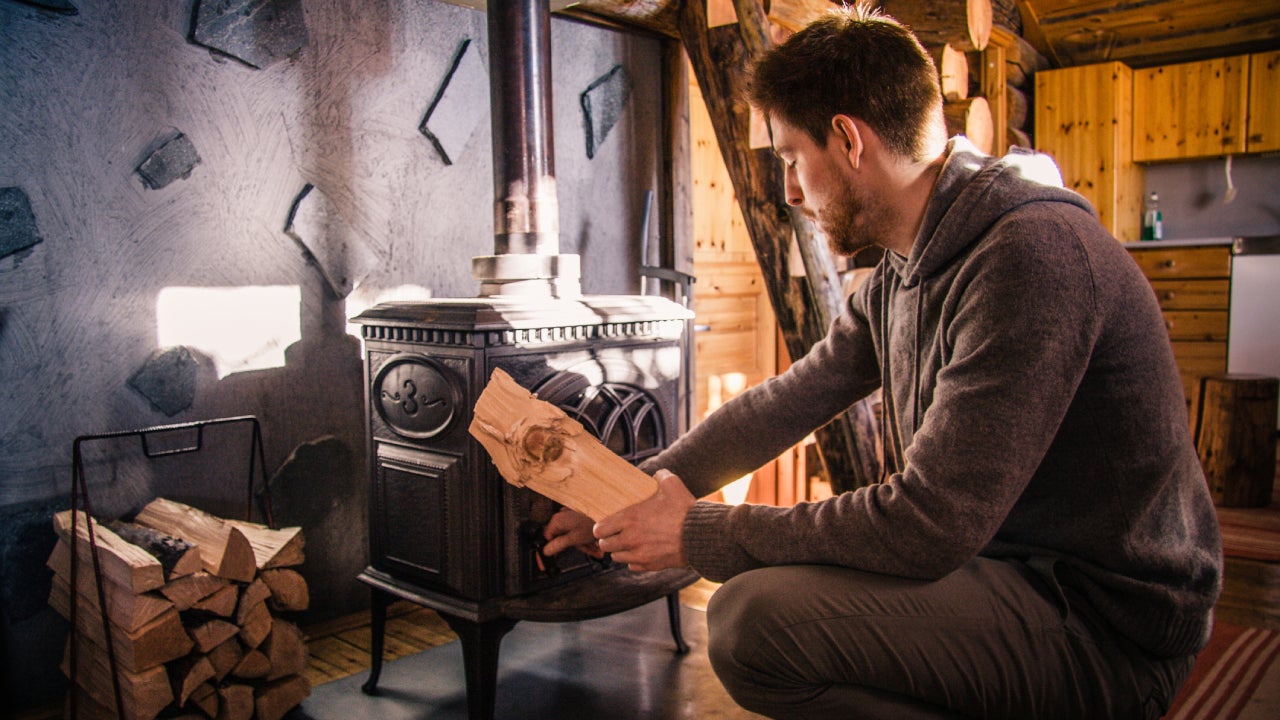
Does homeowners insurance cover wood stoves?
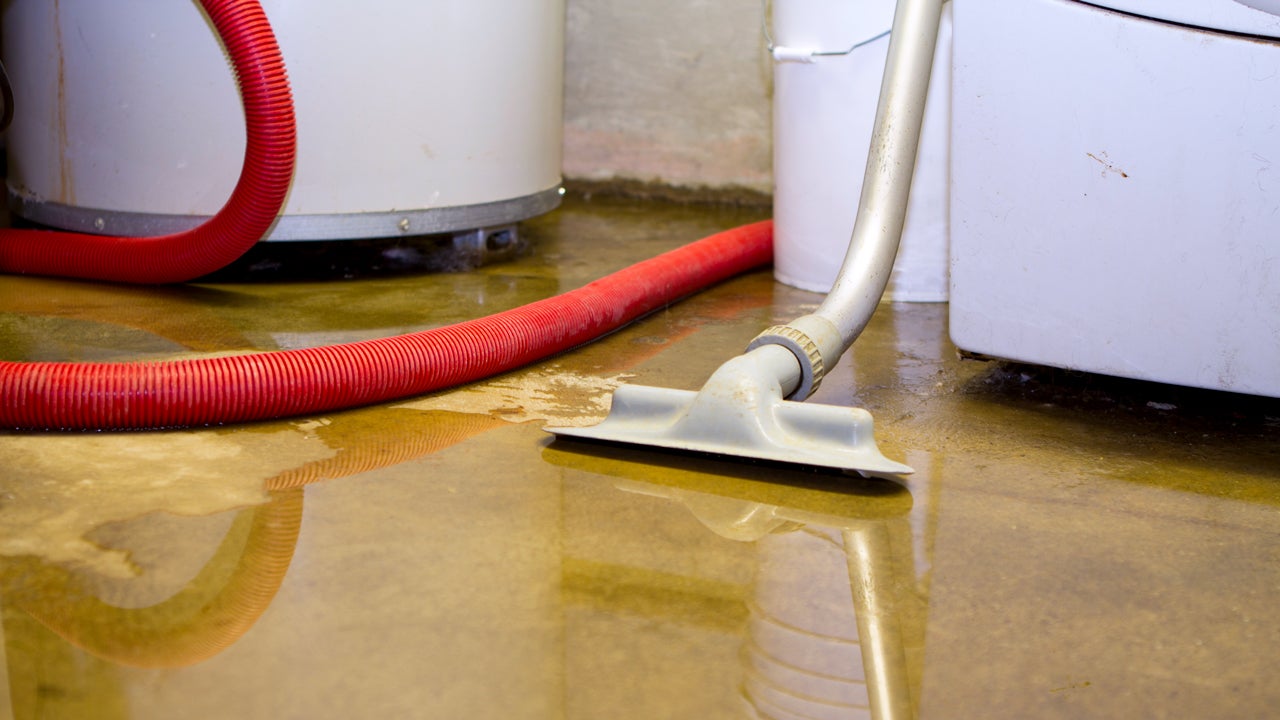
Does homeowners insurance cover water damage?
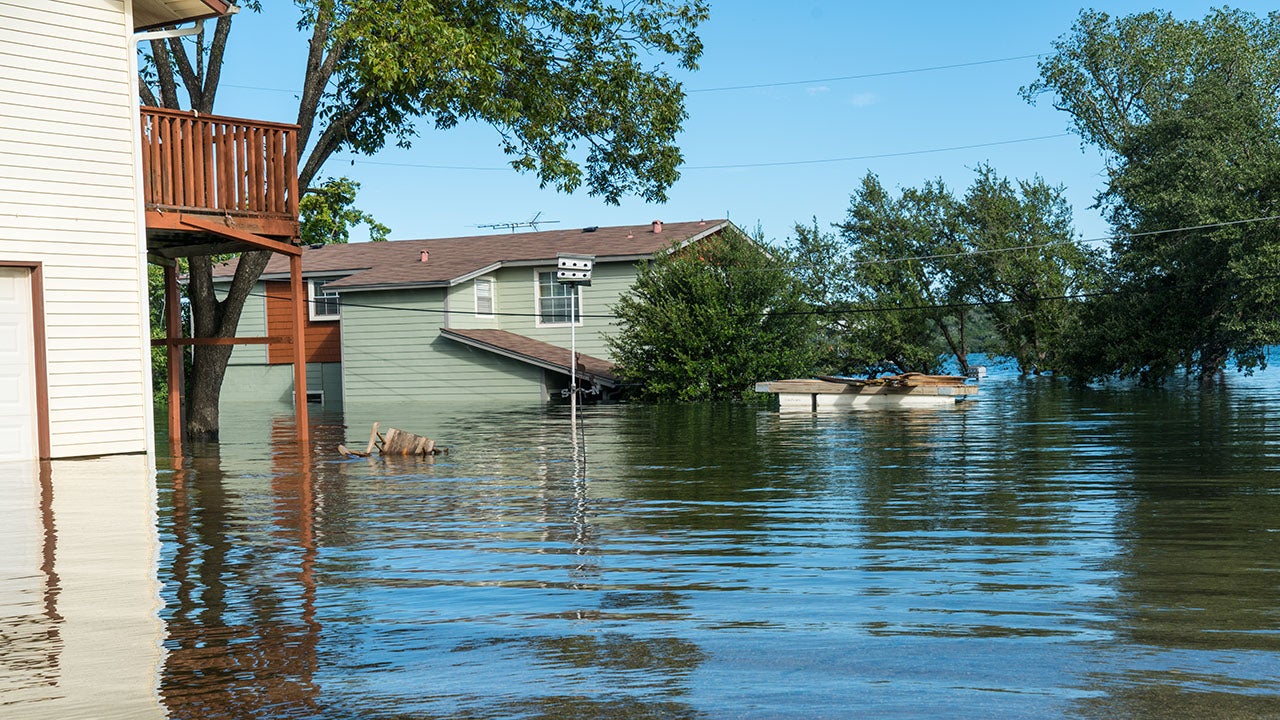
Does homeowners insurance cover flooding?
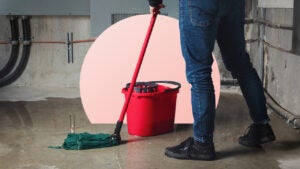
Does homeowners insurance cover basement flooding?


